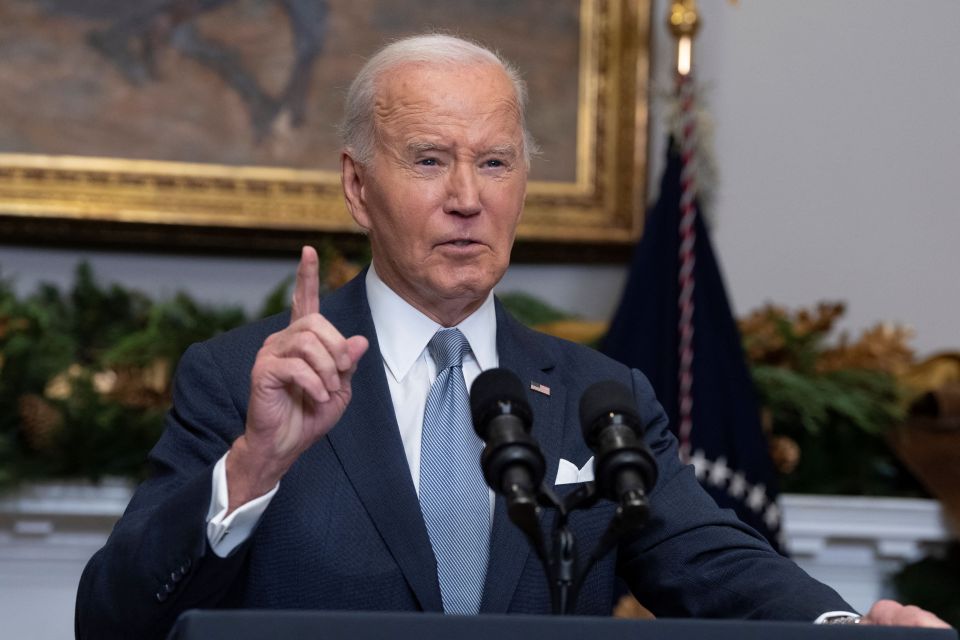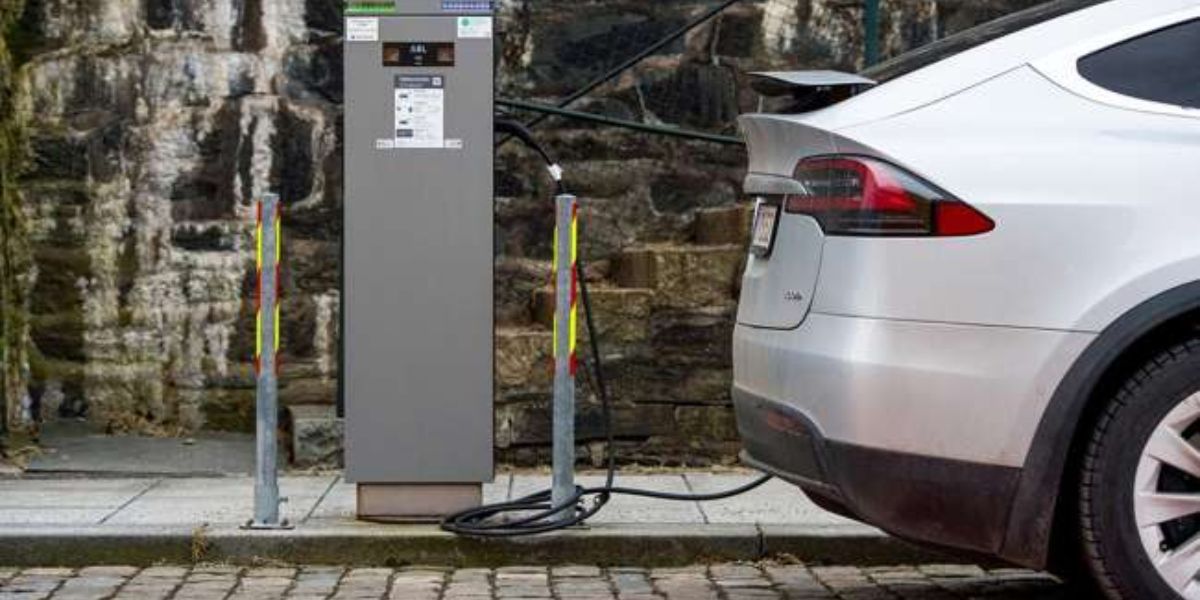Nationwide Legal Uprising: 25 States Confront Epa Over Gas Vehicle Restrictions
A coalition of 25 state attorneys general filed a court challenge against the Biden administration on Thursday, citing recent environmental restrictions aimed at reducing gas-powered car emissions and promoting electric vehicles.
The coalition, led by Kentucky Attorney General Russell Coleman and West Virginia Attorney General Patrick Morrisey, filed a case against the Environmental Protection Agency (EPA) in the United States Court of Appeals for the District of Columbia Circuit, requesting that the new rules be declared unlawful. According to the complaint, the EPA regulations require “unworkable emissions standards” for passenger cars and medium-duty vehicles.
“Conservative attorneys general are slamming the brakes on President Biden’s radical green agenda that is using the weight of the federal government to force expensive EVs on families, workers, and farmers,” Coleman said in a statement sent to Fox News Digital.
“Even if Americans wanted to buy an electric car, we can’t afford them amid historic inflation,” he went on to say. “We’re taking President Biden’s EPA to court to block this latest big-government mandate and protect the free market.” In a joint release with the White House last month, the EPA published the regulations, which are the most stringent multipollutant emission levels ever finalized. These criteria were officially released on Thursday, opening the door to legal challenges and congressional resolutions.
While the laws target gas-powered vehicles, they are specifically intended to encourage widespread adoption of EVs and, to a lesser extent, hybrid cars. President Biden stated that once the guidelines were implemented, they would assist ensure that the United States accomplishes its objective of having EVs account for 50% of all new automobile sales by 2030.
The requirements require automakers to rapidly reduce greenhouse gas, hydrocarbon, nitrogen oxide, and particulate matter emissions from new passenger cars, light trucks, and bigger pickups and vans beginning in two years with model year 2027 vehicles. The EPA stated the measures will help “tackle the climate crisis” by lowering carbon dioxide emissions from the transportation sector.
When the tailpipe pollution restrictions take effect, automakers will be forced to increase production and sales of EVs, plug-in hybrids, traditional hybrids, and fuel cell vehicles. Under one so-called “low cost” scenario, the EPA stated that by 2032, automakers will be required to ensure that 56% of light-duty vehicle sales are battery electric and another 13% are hybrid.
“Kentucky is an agricultural state, and EVs aren’t tough enough to keep up with our farmers,” Kentucky Agriculture Commissioner Jonathan Shell stated. “We put a lot of miles on the Kentucky Department of Agriculture’s vehicles to service rural communities, and we can’t just pull over and plug in. The Biden administration is targeting rural America, and I’m happy Kentucky is leading the fight to stop them.”
Alabama, Alaska, Arkansas, Florida, Georgia, Idaho, Indiana, Iowa, Kansas, Louisiana, Mississippi, Missouri, Montana, Nebraska, New Hampshire, North Dakota, Ohio, Oklahoma, South Carolina, South Dakota, Utah, Virginia, and Wyoming have joined Kentucky and West Virginia in their legal challenge filed on Thursday.
State authorities, Republican and Democratic lawmakers, farm sector groups like the National Corn Growers Association, and energy associations like the American Fuel & Petrochemical Manufacturers and the American Petroleum Institute have all attacked the EPA’s requirements.
According to figures from the Alliance for Automotive Innovation, which represents major manufacturers, EVs accounted for 9.5% of new light-duty vehicle sales in 2023, up from 7% in 2022 and 4.3% in 2021. At the same time, EVs remain more expensive than regular gasoline-powered vehicles.
Furthermore, according to a Gallup study done in March, the percentage of Americans who stated they are thinking about buying an electric vehicle has dropped from 55% to 44% year on year.
Calls to the EPA for comment were not immediately responded.











